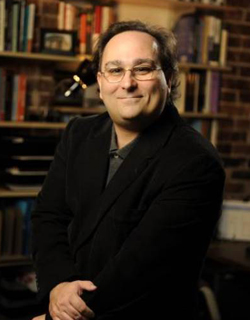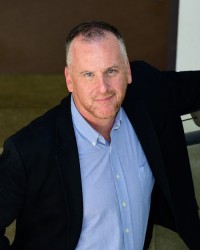About a week before he used the national political stage to ask viewers to think about Donald Trump’s “finger” size, Marco Rubio told the audience during another recent Republican presidential debate to Google “Donald Trump and Polish workers.” They did.
The worry is no longer about who controls content. It is about who controls the flow of that content.
Rubio wanted voters to see news stories about Trump illegally hiring undocumented Polish workers more than 35 years ago to demolish a building to make way for Trump Tower. Searches for those terms, and the fraudulent “Trump University,” shot way up. It was like a public version of the now ubiquitous phenomenon of everyone whipping out smartphones to verify a disputed fact at a party or meeting. Not that it did much good in this case; as numerous commentators have noted, Trump and many of his supporters don’t seem particularly worried about minor annoyances like “facts.” (For the record, PolitiFact, which checks the veracity of politicians’ statements, judged Rubio’s charge to be “half true.”)



